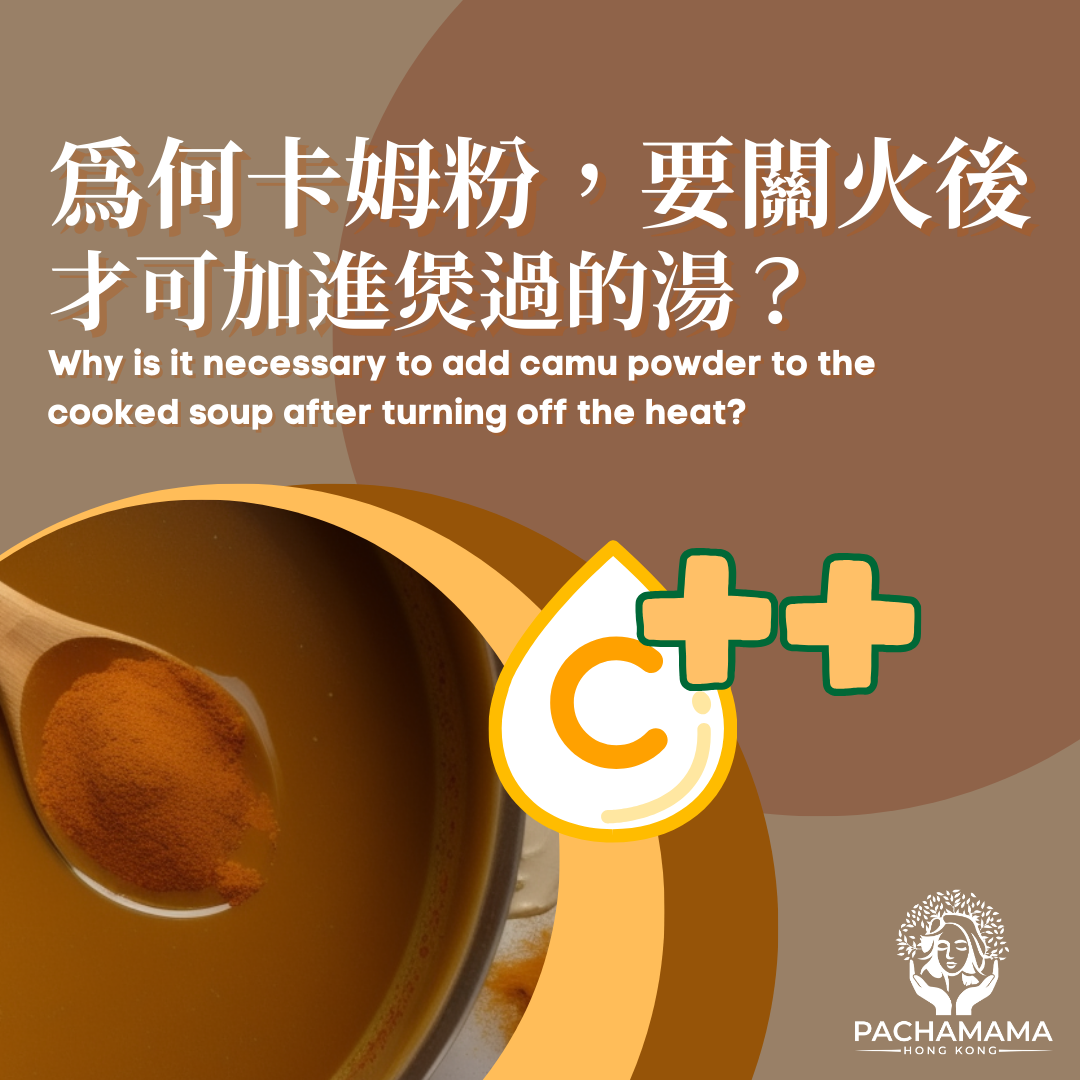Vitamin C:
Vitamin C is sensitive to heat and can start to degrade around 70°C .
Vitamin B Complex:
Vitamin B can be sensitive to heat, and their stability can begin to decline around 60-70°C.
Vitamin A: Vitamin A is relatively stable at cooking temperatures, but prolonged exposure to high heat can lead to some degradation. It is more stable than some other vitamins and can withstand temperatures up to 100°C to some extent.
Vitamin E: Vitamin E is fairly stable at cooking temperatures and can withstand temperatures up to around 150°C without significant degradation.
Protein: Protein denaturation, or structural damage, can start occurring around 40-60°C, depending on the protein source. High heat exposure can cause the protein to lose its original structure and function.
Carbohydrates: Carbohydrates are generally stable at cooking temperatures and do not degrade significantly. However, prolonged cooking at very high temperatures could potentially cause some breakdown.
Minerals: Minerals are relatively stable and do not significantly degrade under cooking temperatures. However, some minerals like potassium and sodium can be lost if foods are boiled in excessive water.
Cooking methods and times can influence nutrient degradation. In general, cooking methods that involve longer exposure to high temperatures, such as frying, baking, or boiling.

